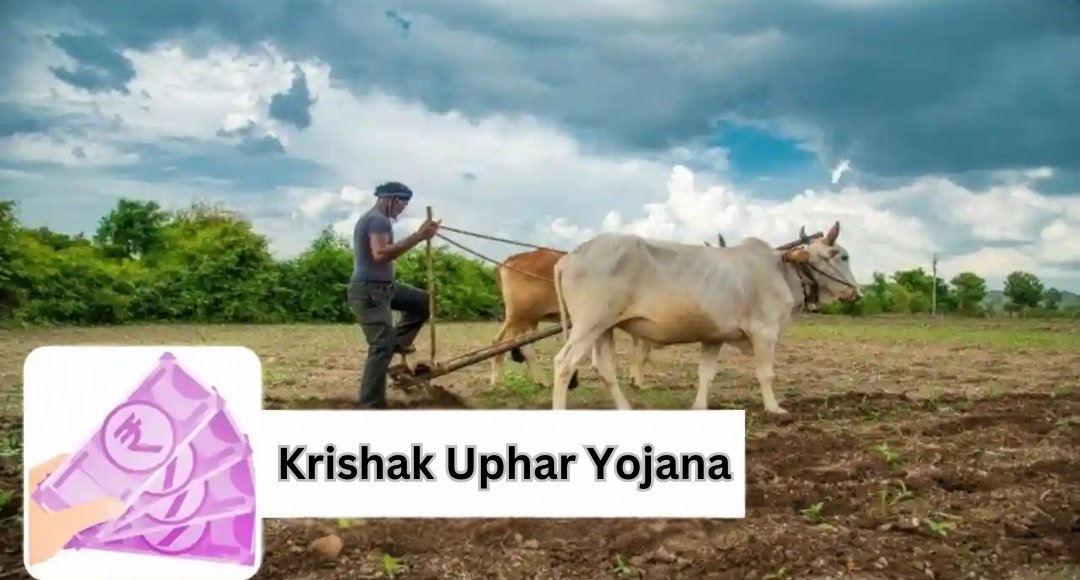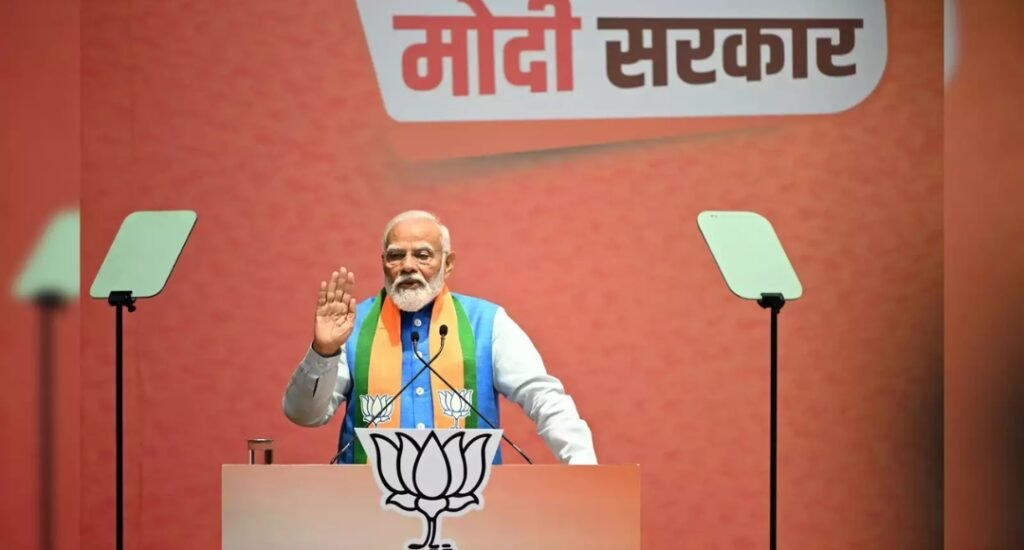In a recent move aimed at honouring the hard work and dedication of farmers, Krishak Uphar Yojana has emerged as a key initiative in Rajasthan. The scheme promises to recognize and reward the efforts of farmers, offering them an incentive to boost agricultural productivity. As part of this initiative, six farmers have been selected to receive a reward of ₹1 lakh. This announcement was made by Sub-Divisional Magistrate (SDM) Suresh Rao, who conducted a lottery to determine the winners of this substantial reward.
Table of Contents
ToggleKrishak Uphar Yojana: A Step Toward Empowering Farmers
The Krishak Uphar Yojana is a government program designed to incentivize farmers for their valuable contributions to the agricultural sector. It aims to recognize the tireless efforts of farmers, especially those who have been instrumental in boosting the state’s agricultural output. Through this initiative, the government is not only acknowledging their hard work but also encouraging them to continue their vital role in the economy.
In the latest development, six farmers from the Sri Ganganagar district in Rajasthan have been selected to receive ₹1 lakh each as part of the scheme. This initiative is set to bring a positive change in the lives of farmers, offering them financial support and a sense of appreciation for their crucial work.
How the Krishak Uphar Yojana Works

The Krishak Uphar Yojana functions as a reward scheme where eligible farmers are chosen based on certain criteria and their contribution to agriculture. The selection process is transparent and fair, conducted through a lottery system that ensures every farmer has an equal chance of receiving the reward. The reward is not limited to any specific crop or farm type, as the scheme aims to recognize the collective efforts of farmers in various fields.
The Lottery Event: SDM Suresh Rao’s Role
On the day of the announcement, SDM Suresh Rao played a pivotal role in ensuring that the selection process was carried out fairly and transparently. He conducted the lottery event where the six farmers were chosen. The ceremony took place in the presence of local authorities and agricultural officials, and it was an occasion filled with hope and excitement for the farmers.
The lucky farmers who were selected in the lottery will each receive a reward of ₹1 lakh. The funds are intended to serve as both an appreciation of their contribution and as a source of financial aid for their continued agricultural activities. This amount can significantly ease the financial burdens of farmers, enabling them to invest in better farming tools, and equipment, or even diversify their crops.
Why This Reward Matters
The Krishak Uphar Yojana is not just a financial reward, but a symbol of the government’s recognition of farmers as the backbone of the country’s economy. The agricultural sector plays a crucial role in sustaining India’s economy, providing food security, and generating employment for millions. Yet, farmers often face numerous challenges such as fluctuating weather conditions, rising input costs, and market uncertainties. Programs like the Krishak Uphar Yojana are crucial because they offer farmers a means of recognition and support, helping them feel valued for their hard work.
By selecting farmers from Sri Ganganagar, a district known for its contribution to agriculture in Rajasthan, the government is also promoting regional development. The scheme aims to improve the lives of those working in rural areas, making farming a more rewarding profession.
Benefits of the Krishak Uphar Yojana for Farmers
- Financial Support: The reward of ₹1 lakh is a significant financial boost for farmers. It can help them overcome immediate financial challenges or enable them to invest in their farming operations.
- Recognition of Efforts: The scheme acknowledges the hard work and dedication of farmers, boosting their morale and encouraging them to continue improving their agricultural practices.
- Encouragement for Agricultural Innovation: By incentivizing farmers to innovate and improve their farming techniques, the scheme fosters growth in the agricultural sector. The reward can motivate farmers to adopt new technologies and methods that increase productivity.
- Promotion of Rural Development: This initiative plays a vital role in rural development by providing financial aid and recognition to the farming community, enhancing the overall standard of living in rural areas.
- Long-Term Impact on Agriculture: When farmers receive such rewards, they are more likely to invest in sustainable practices, leading to improved agricultural productivity in the long run.
Challenges Faced by Farmers
Farmers in Rajasthan and across the country face several challenges in their daily lives, including unpredictable weather, water scarcity, high input costs, and limited access to markets. Programs like the Krishak Uphar Yojana can provide them with the necessary financial support to alleviate some of these challenges. The recognition they receive also helps in raising awareness about the hardships faced by farmers, encouraging more support and policy reforms in their favour.
While the financial reward is a welcome development, such schemes must be accompanied by long-term support in terms of infrastructure, access to better farming resources, and education on sustainable agricultural practices. Ensuring that farmers are equipped with the knowledge and tools they need will further improve the impact of such initiatives.
Expanding the Reach of Krishak Uphar Yojana

The success of the Krishak Uphar Yojana in Rajasthan could serve as a model for other states to adopt similar schemes. By rewarding farmers who are making significant contributions to agriculture, the government can incentivize the adoption of best practices and help improve the agricultural sector’s overall productivity. As the program expands, it could reach more farmers across the country, benefiting a wider community and contributing to India’s long-term agricultural growth.





